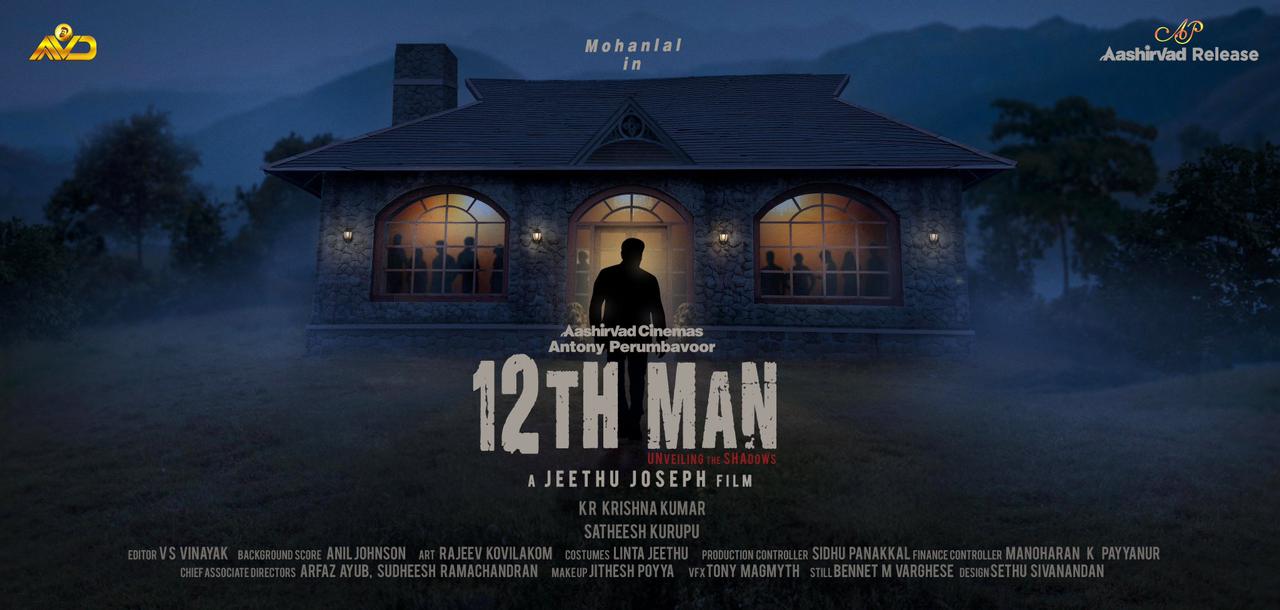The Film Certification Appellate Tribunal (FCAT), a statutory body constituted to hear appeals of filmmakers aggrieved by the Central Board of Film Certification (CBFC), was abolished by the Ministry of Law and Justice on Tuesday with immediate effect, the Film Information reported. Several filmmakers including Hansal Mehta, singer, scriptwriter and director Vishal Bhardwaj, lashed out at the Centre for the sudden decision and raised their voices on social media.
On February 13, Union Finance Minister Nirmala Sitharaman introduced The Tribunals Reforms (Rationalisation and Conditions of Service) Bill, 2021 in the Lok Sabha that sought to dissolve certain existing appellate bodies and transfer their functions to other judicial bodies that included the Cinematograph Act and the Copyright Act, among others which are yet pending.
The Tribunals Reforms (Rationalisation and Conditions of Service) Ordinance, 2021 was promulgated by President Ram Nath Kovind on April 4, which means that filmmakers will now have to approach high courts instead of FCAT if they are dissatisfied by the CBFC’s decision.
What is the FCAT?
Headquartered in Delhi, the FCAT was constituted vide Section 5D of the Cinematograph Act 1952 by the Ministry of Information and Broadcasting, headed by a chairperson and assisted by four members, including a secretary who is appointed by the Centre.
Public exhibitions of films under the provisions of the Cinematograph Act are regulated by the CBFC, which is also a statutory body under the Ministry of Information and Broadcasting.
How did the FCAT work?
The Tribunal’s role was to hear the appeals filed under Section 5C of the Act, under which any applicant for a film certification unhappy by an order of the CBFC, can file an appeal directly. On refusal to grant an ‘A’, ‘S’, ‘UA’ certification or any directions to carry out any excisions or modifications in the film, filmmakers could appeal to the Tribunal within 30 days of the CBFC’s order or within further 30 days in case of a relevant cause that prevented them from filing the appeal in the initial 30 days.
The FCAT has previously overturned the CBFC’s decision in several films such as Lipstick Under My Burkha, Babumoshai Bandookbaaz, No Fathers In Kashmir, Bandit Queen.
Film fraternity’s reaction
Agitated Indian filmmakers raised concerns over the government’s decision, calling it “a direct attack on freedom of expression”.
Vishal Bhardwaj, the acclaimed director of films such as Maqbool, Omkara, and Haider, tweeted: “Such a sad day for cinema.”
While Hansal Mehta, maker of the web series Scam 1992: The Harshad Mehta Story, raised a number of questions on the decision and its timing, the show’s co-director Jai Mehta tweeted: “What the hell?! The Film Certification Appellate Tribunal has been abolished?! How does this happen overnight? Did anyone see this coming? #CBFC #FCAT”
Do the high courts have a lot of time to address film certification grievances? How many film producers will have the means to approach the courts? The FCAT discontinuation feels arbitrary and is definitely restrictive. Why this unfortunate timing? Why take this decision at all?
— Hansal Mehta (@mehtahansal) April 7, 2021
Independent filmmaker and writer Sudipto Roy, who directed Bengali films such as Kia and Cosmos, Tahser Ghawr, Paanch Phoron, tweeted against the decision.
This is again a direct attack on the freedom of speech and expression of #Indian Filmmakers. The Film Certification Appellate Tribunal [FCAT] abolished by the Indian Government.https://t.co/Wtzaxe10Js
Appealing against grievances related to #FilmCertification becomes tougher!— Sudipto Roy (@Fly2Sudipto) April 6, 2021
Sanjay Gupta (Shootout at Lokhandwala, Shootout at Wadala) also expressed his anger at being unaware of the decision and accused the Centre of taking “away the democratic right” of the film industry.
But WHY WHY WHY???
What kind of arrogance is this?
You take away a fundamental democratic right of the film industry without even telling us, leave alone consulting. https://t.co/pM7kJOYdTw— Sanjay Gupta (@_SanjayGupta) April 7, 2021
https://t.co/FUXut8TRJd pic.twitter.com/qN6dT6wmtc
— TheRichaChadha (@RichaChadha) April 6, 2021
Questioning the government’s “interference”, actor and producer Vindu Dara Singh tweeted: “Too much of govt interference in everything will make a mockery of democracy!!! Film certification can’t start going to courts too . Every dept poking into public only increases bribes & corruption. Make a strict law against Bribes & corruption @rsprasad ji. @PrakashJavdekar ji.
In an ironic contrast to India, Italy on Thursday abolished film censorship after 108 years. Italian filmmakers will now classify their own films based on the age of the audience. Hundreds of films from all over the world have been censored in Italy in the past century, for political, “moral,” and religious reasons. According to a survey by Cinecensura, a permanent online exhibition promoted by the Italian Culture Ministry, 247 Italian films, 130 American films, and 321 movies from other countries have been banned in Italy since 1944, while more than 10,000 were modified or trimmed in some way, the latter including the works of directors like Federico Fellini.
While the Indian government curbs “freedom of expression” by abolishing the FCAT, the government of Italy abolished film censorship to “end state intervention in the freedom of artists”, The Guardian reported.



